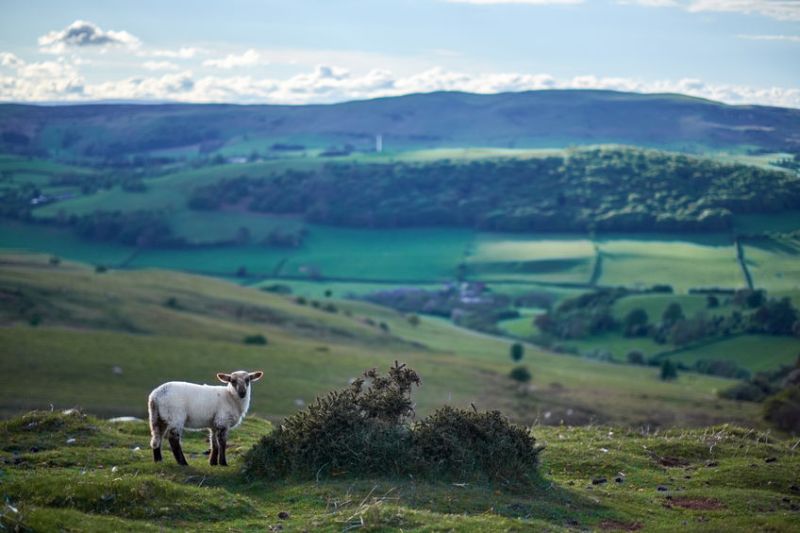
The government has been urged to protect farming in England's National Parks after data reveals there has been nearly a 20% reduction in the amount of land under an agri-environment agreement.
Such agreements enable farmers and land managers to farm in a sustainable way that supports and enhances natural capital assets such as biodiversity and landscape quality, as well as air, water and soil quality amongst others.
The decline in agreements, which in some cases is as high as 30%, is not just a potential environmental problem, but it may also have an economic impact on the local communities living in National Parks.
National Parks England is calling for the government to protect the future of farming by following a three-point plan.
This will secure the continued security and productivity of farm businesses as they transition from Countryside Stewardship, the current set of agri-environment schemes, to the new Environmental Land Management Schemes (ELMS)
The body is calling for government to facilitate extensions to existing Higher Level Stewardship schemes that are delivering against the 25 Year Environment Plan, and to ensure that there is advisor capacity to achieve this.
A review of the Countryside Stewardship scheme is also needed, the group says. Higher tier Countryside Stewardship offers a restricted menu of choice, while mid-tier options need to be a more attractive proposition for farmers and with a clear focus on delivering public benefits.
All National Parks should be included as part of the forthcoming national pilot for ELMS beginning in 2021.
According to National Parks England, this would provide an opportunity to accelerate the transition to the new system and ensure availability is linked to the reduction in the Basic Payment Scheme, which is currently the biggest EU funding stream for farmers.
Margaret Paren, Chair of National Parks England, said: “Getting ELMS right in National Parks is critical, as farming is central to the fabric of our National Park landscapes and the wider rural economy.
“We are encouraged by the government’s stated objectives for ELMS, but we cannot wait until 2027; we must act now to ensure we do not see environmental damage to our most treasured landscapes as land comes out of agri-environment agreements.
“We need to secure a viable future for our farmers that combines high-quality food production with provision of public goods such as better biodiversity and high-quality landscapes.”
Ms Paren added: “We have highlighted some suggested changes and are keen to work with colleagues in Defra and Natural England to address this issue.”
